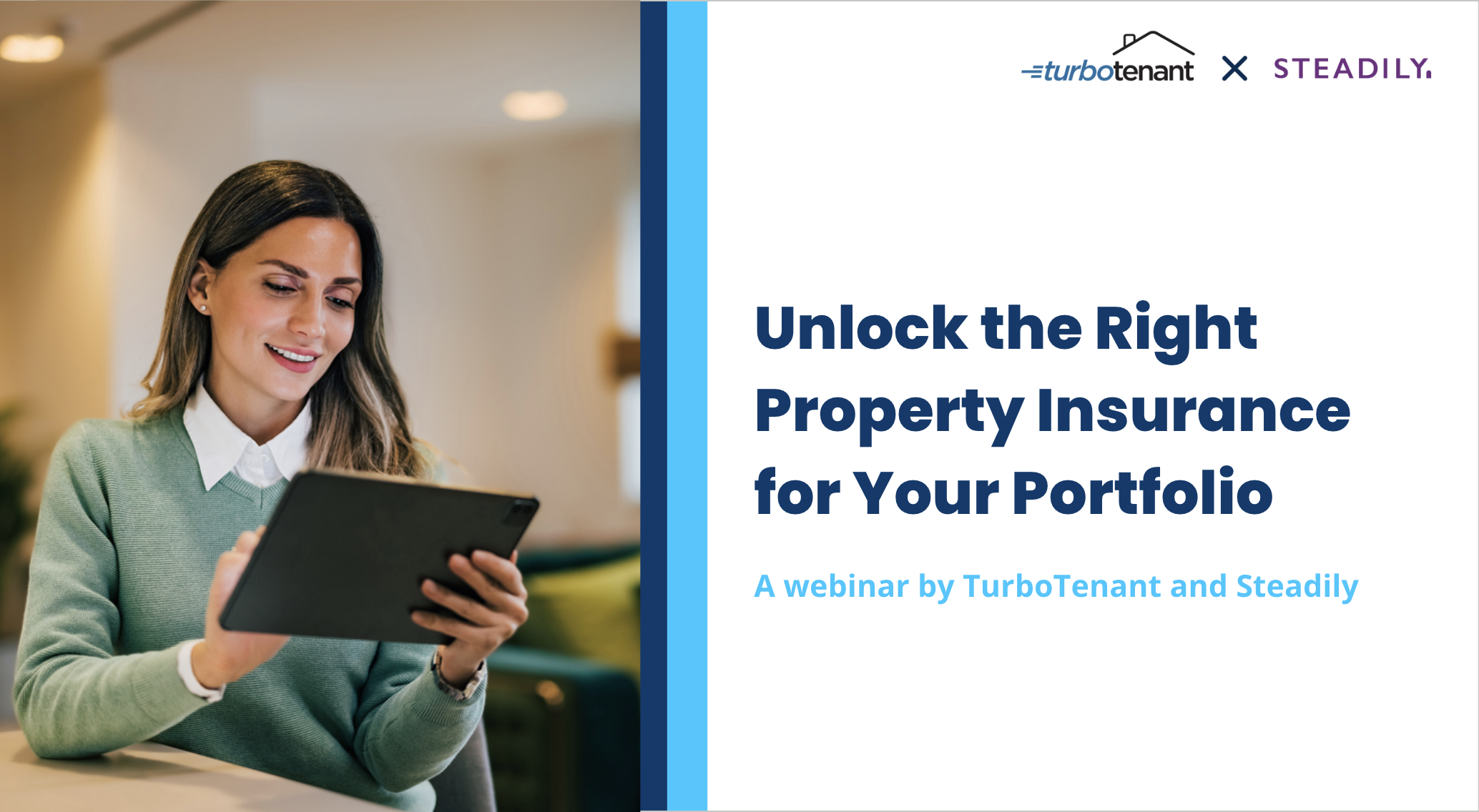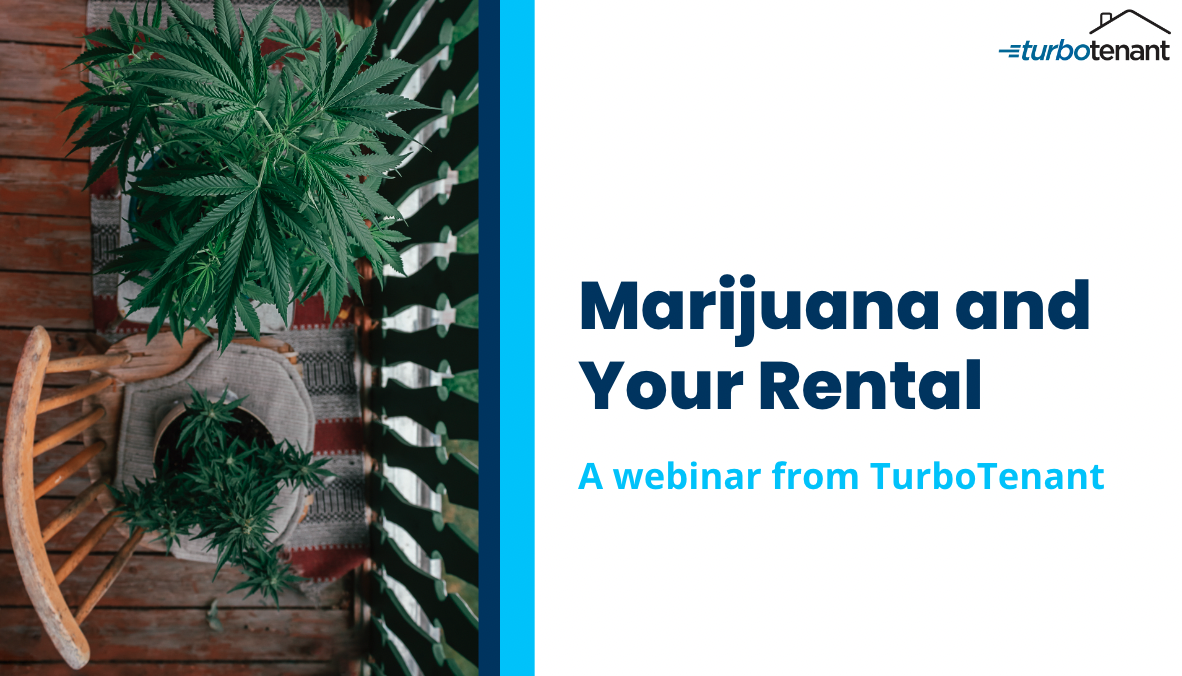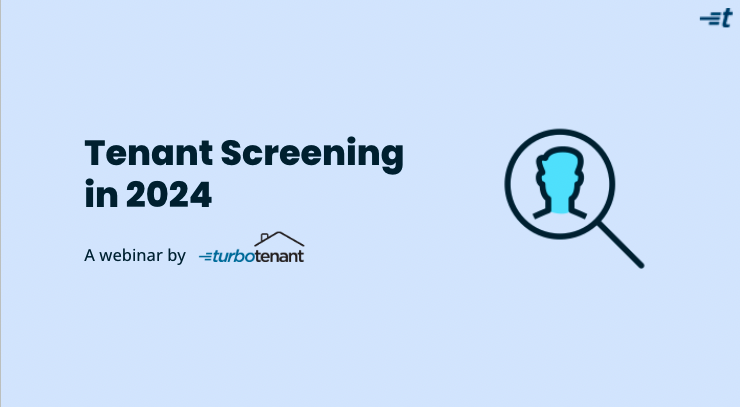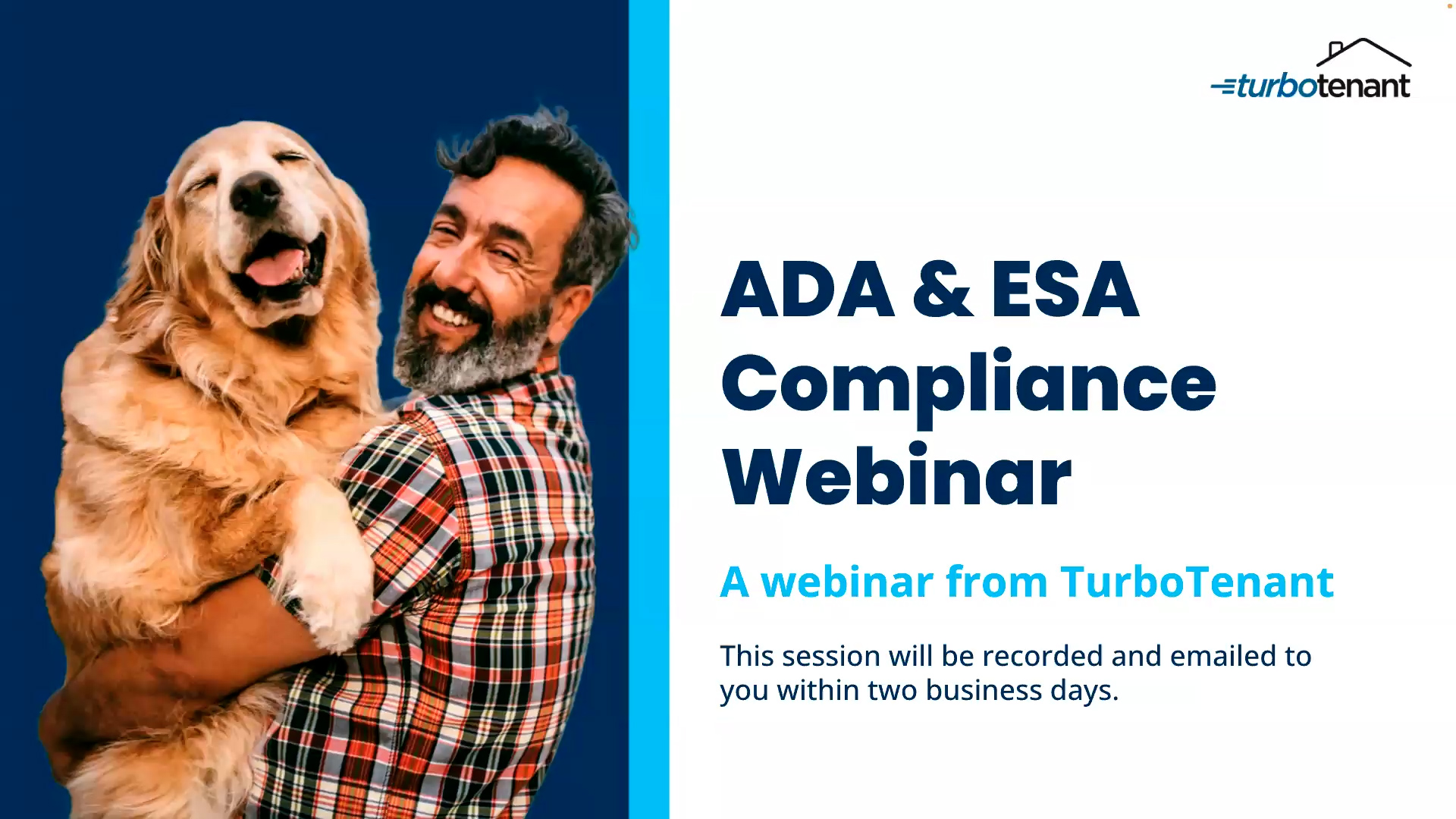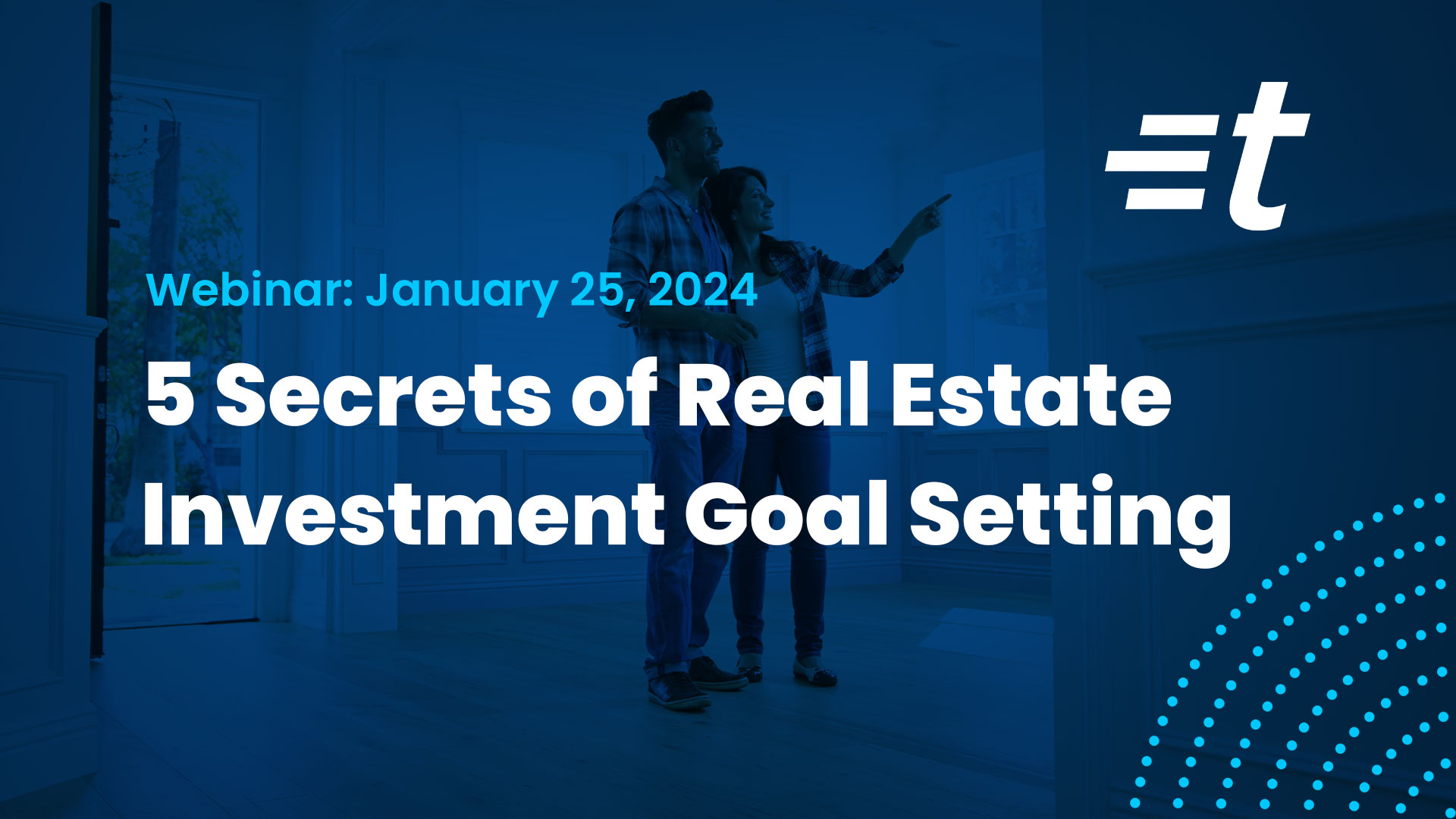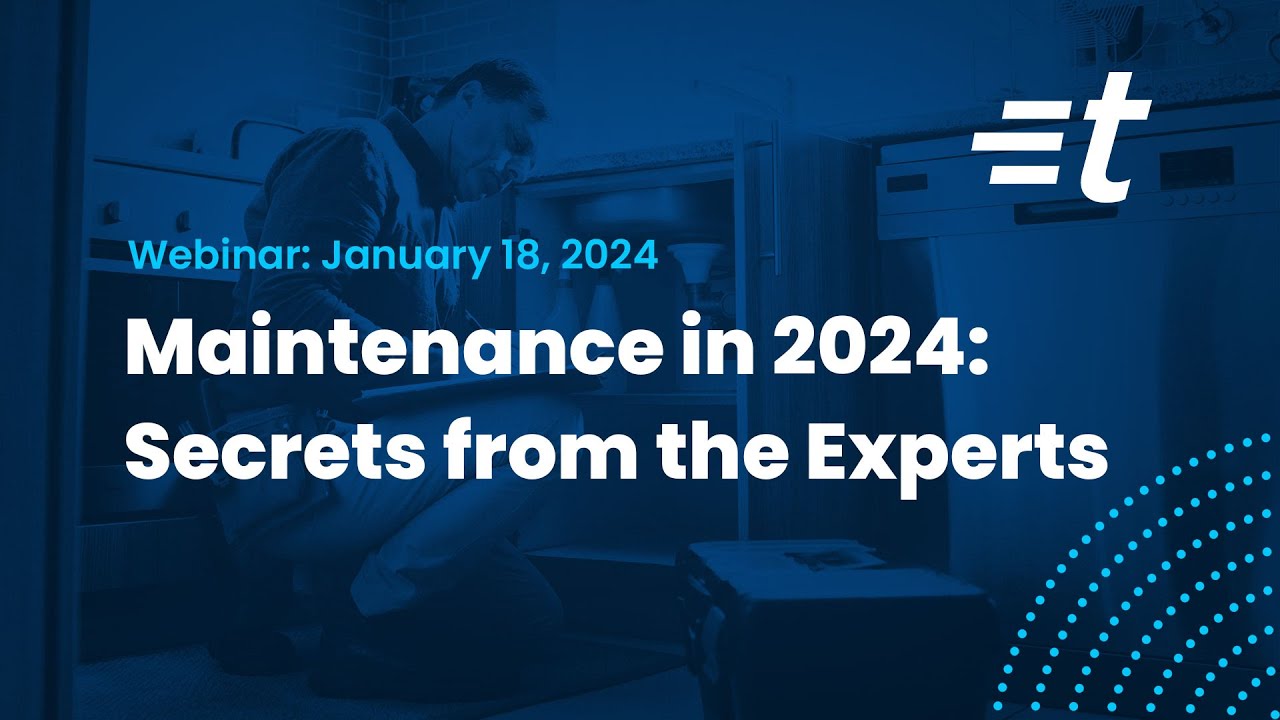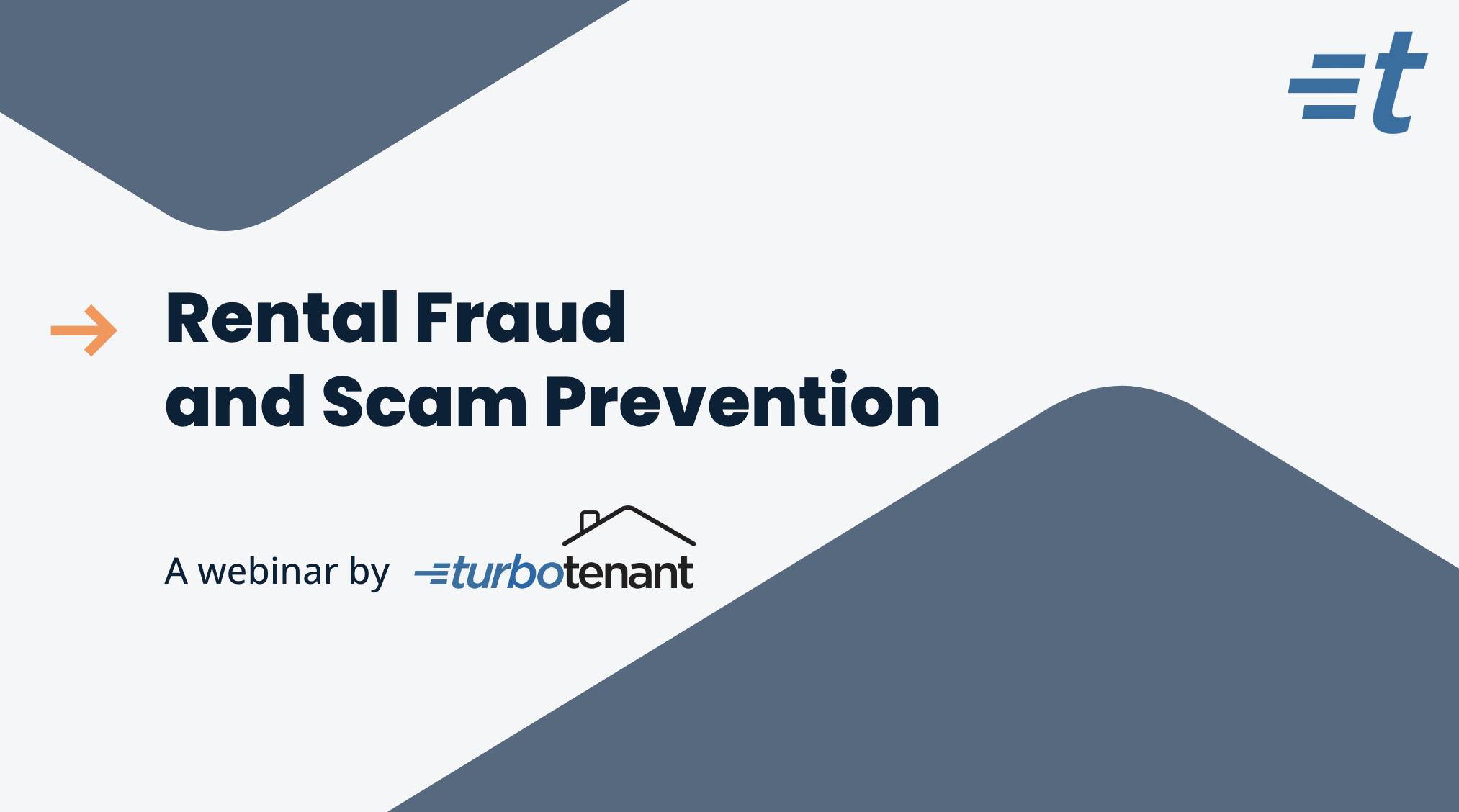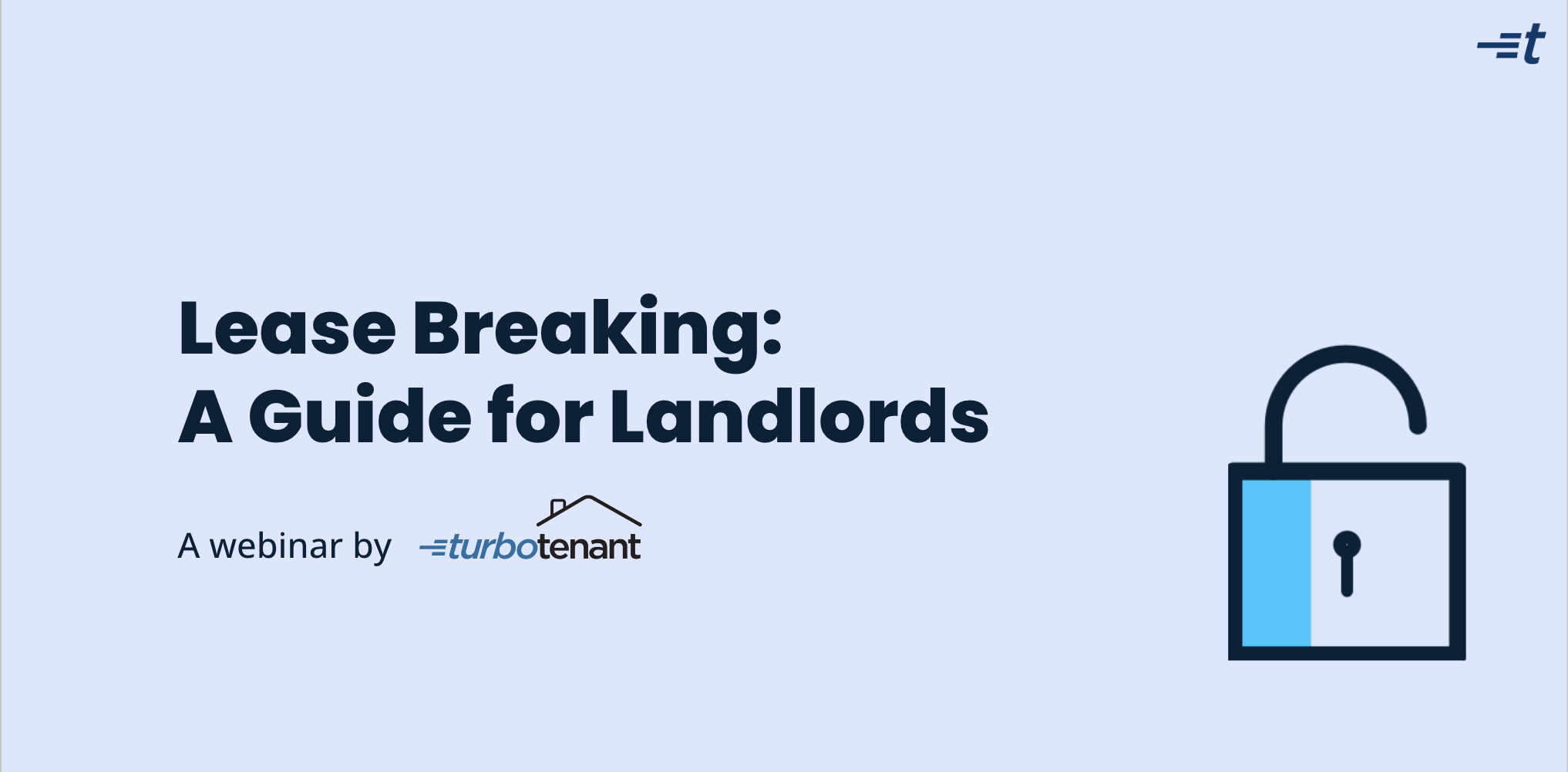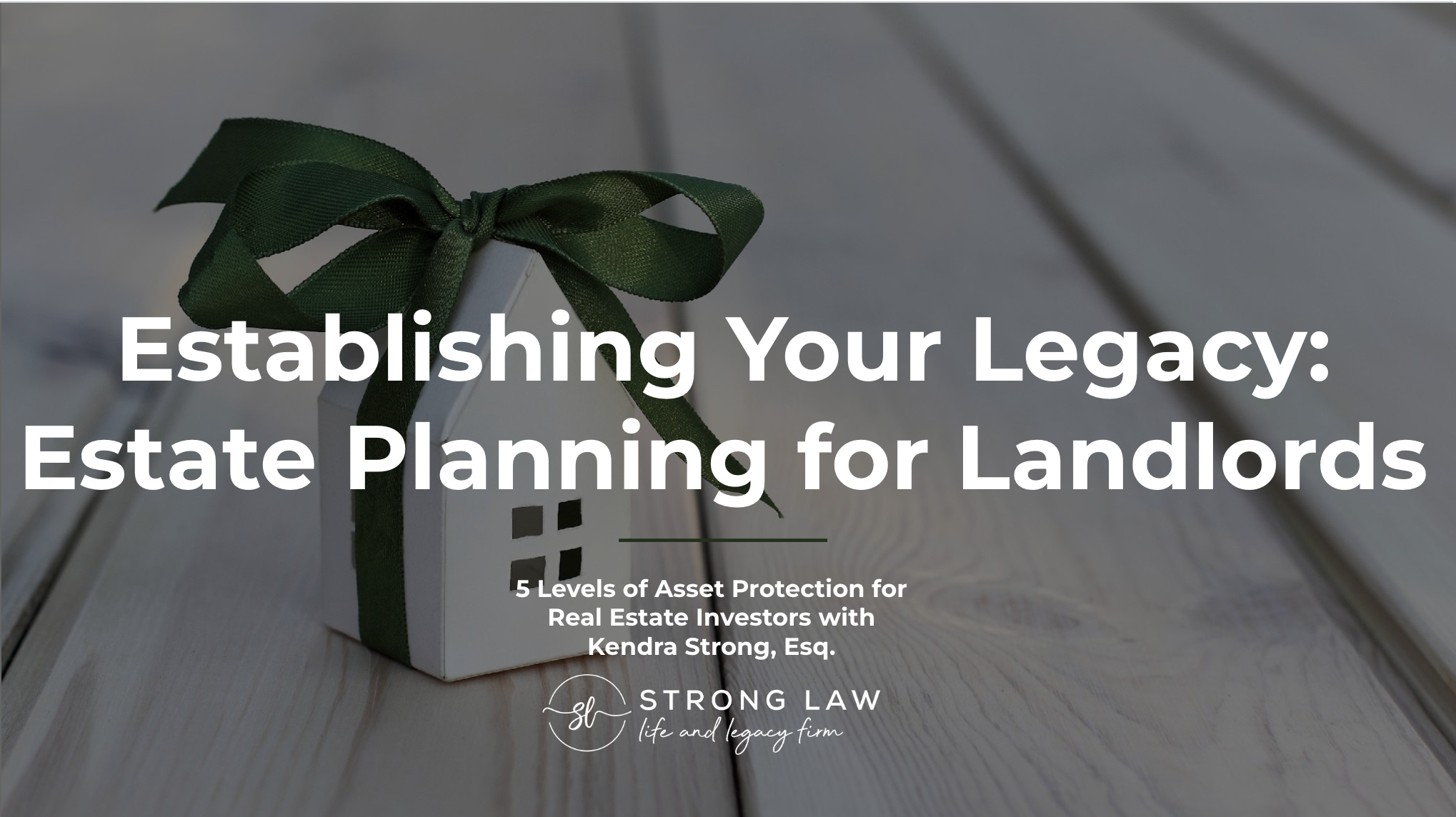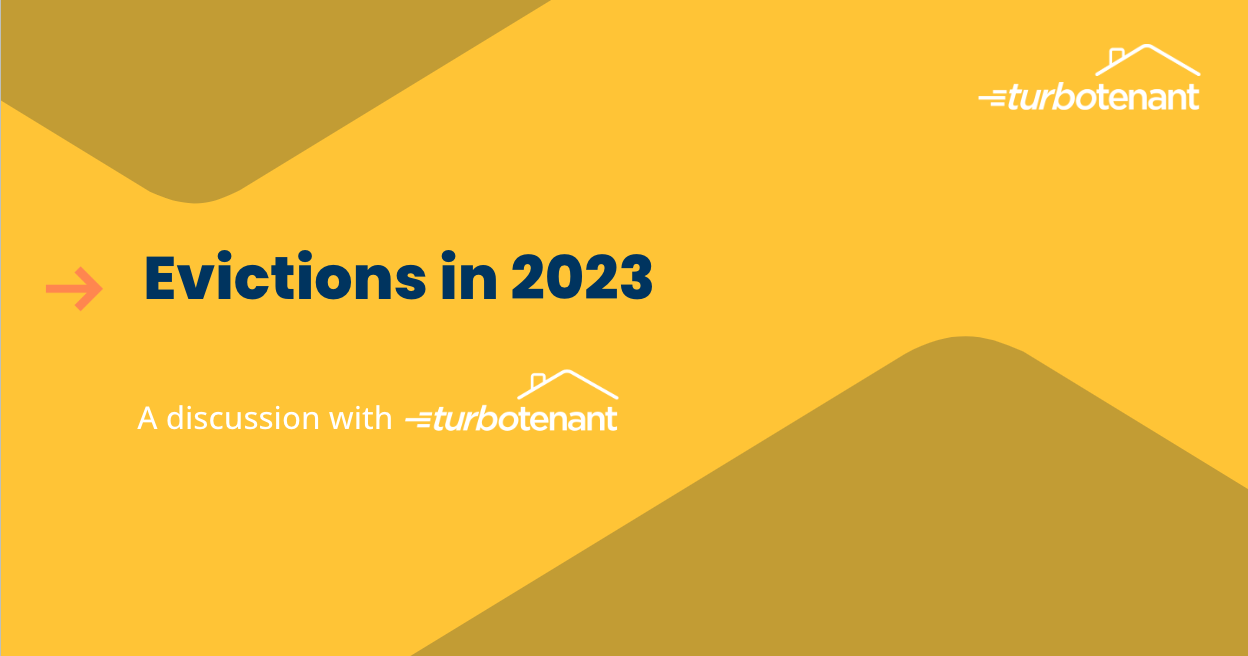Buying Your First Home Webinar
Join Krista Reuther along with Realtors Joe and Kathryn Seehusen from Colorado Home Realty for a comprehensive webinar focused on purchasing your first home. This session aims to clarify the home-buying process and make the dream of homeownership accessible for all.
Key Takeaways
- Understanding the Home Buying Process: Familiarize yourself with the steps involved in purchasing your first home, including budgeting for a down payment and the importance of saving systematically.
- Financial Preparation for Home Purchase: Learn about different financing options and the importance of improving your credit score and managing your debt-to-income ratio to qualify for favorable loan terms.
- Role of Real Estate Professionals: Engage with experienced realtors and lenders early in the process. Their expertise can guide you through financial planning, property selection, and negotiation, making the process more manageable.
- Exploring Government-Backed and Conventional Loans: Understand the differences between various loan types, such as FHA, VA, and conventional loans, to find the one that best suits your financial situation and home buying goals.
- Considerations for First-Time Home Buyers: Recognize the common challenges and misconceptions about home buying, such as the actual costs involved beyond the down payment and the strategic importance of location and property features.
- Strategic Home Buying Tips: Learn strategies to enhance your home buying readiness, such as attending home inspections, understanding the local market, and considering future resale value.
- Long-Term Financial Planning: Emphasize the importance of having a financial cushion beyond the down payment to cover unexpected expenses and ensure stability after purchasing your home.
- Leveraging Professional Networks: Utilize the connections of real estate professionals to access a broader network of service providers and support services throughout the home buying process.
Transcript ▼
Krista Reuther: Hello, hello. We are talking today about buying your first home. Now, this is a huge milestone, and one that many would say is the American dream. But unfortunately, a lot of people feel like that dream is out of reach. In fact, when I surveyed renters, I found out that 48.4 percent of them who wanted to buy a property within the next two years felt like they were unable to do so.
In that same report, 63.6 percent of renters indicated that they had less than $5,000 in savings. So I wanted to tackle this topic and figure out, you know, what kind of information do you need to make this purchase, and how can you save along the way? To that end, we’ve recruited some experts in the field. We have realtors here, Joe and Kathryn.
Joe Seehusen: Thanks so much. I am Joe Seehusen, and this is my beautiful wife, Kathryn. We sell real estate in the Denver metro area with Colorado Home Realty. We’ve been selling for nine years. We specialize with first-time home buyers, and we’re happy to meet you guys. Thanks for joining. Beautiful.
Krista Reuther: So really excellent to have them in the mix. We’re going to go through some foundational information specifically about saving for a down payment, and then we’ll get into more info where they will hop in as well. So once again, we are here to help you figure out how to buy your first home.
When you leave today’s session, you will know. One, how to save for your down payment. Like I said, that’s one of the biggest scary steps in this whole process is actually saving up that much money, especially in an economy like this one, but there are ways to do it.
We’re going to break it down so it’s as easy as possible. I’ll also talk to you a bit about financing, just so that you know the options that are out there, and you can start having conversations with lenders about what works for you specifically. Then we’ll touch on when to bring in a real estate agent, or more specifically for this conversation, some excellent realtors, and the difference, because a lot of people don’t know, but we’ll fill you in. And lastly, we’ll cap off with house hacking.
If you are unfamiliar with the term, we will cover it, but essentially you can have somebody else pay your mortgage, but you have to be thoughtful about it and understand what you’re taking on when you make that kind of agreement. All right. So money talk.
When it comes to a down payment, there are a lot of different ideas about how much you should have saved. So we have a quick poll for you. Here we go.
How much should you save for your down payment? Let’s see. I am trusting that there’s a poll on screen, but I don’t know for sure. So here we go.
Oh, it started. Oh, I should never doubt Jonathan. He’s in the background.
He’s got it handled. So yes, this is talking about the property price. So it’s a percentage of the property price. In the chat, we have 20 percent of property price as a potential answer. Alyssa is also saying 20 percent. So there are a lot of different answers here. Some are more correct than others, right? We’ll get into the thick and thin of it, especially in that financing section.
But for now, we can wrap up and say that the amount you should save for your down payment is going to depend on what your goals are. So as we wait for my little rainbow spinner to stop spinning, isn’t technology fun? Truly is. But while we wait for that, the reason that the down payment is so daunting is because it is going to be a chunk of money to save. Looks like most of you say that 20 percent of the property’s value is what you should be putting aside when we consider that the average house, I think it’s around $600,000, but keep me honest, Joe and Kathryn, is that around national average? We think even higher. So 20 percent of that number is daunting.
That’s a lot. But there are definite strategies that you can use to chip away at this over time. We’ll go through them. Okay. Let’s see. I’m going to stop the share really fast. You’re stuck with my face so that it can reload.
How fun and fresh is technology? All right, here we go. So to give you some insight into what this whole journey looks like, we should consider what an average down payment is. Now, on average, it’s going to be about 6 percent. However, you should bear in mind that that has people who are paying a 20 percent down payment and people who are paying 0 percent in the same mix. So it’s going to be a skewed average, but on average, Americans pay 6 percent for their down payment as a first-time buyer. Almost a third of first-time buyers said that saving for this down payment is the hardest part of the home buying process.
So once you get your strategy in line, you can tackle this. You might still have some anxiety, but hopefully breaking it down so that it’s really digestible makes that anxiety go away, especially because if we’re realistic about this, the average length of time to save for your down payment is just about nine years. That’s a long time and that can be very daunting, but I want to remind you that that time is going to pass anyway. So you might as well set up a goal and work toward it because, again, nine years is going to go by. At the end of that nine years, you could buy a property or you could continue renting.
That might be lovely. You might have a wonderful landlord, but if you’re looking to buy property, just know that you can make the most of the time that you have and save up along the way. All right. Once again, this figure that I’ve given you, the 6 percent, is an average across the United States. You also have to consider how expensive it is to save for a down payment depending on where you live. So when we look at this handy dandy graph, you can see that it is the longest amount of time to save up in Hawaii. So it’s going to take just shy of 18 and a half years on average to save up for a down payment on a mortgage in Hawaii.
Compare that to Iowa, which is just under four and a quarter years, excuse me, five and a quarter years. That might feel a lot more doable. So what you could do is figure out, you know, where you want to live and start your research based on their average home prices if they are less than what you’re seeing in your backyard. Okay. Some people do not want to move and they’d rather stay in their actual state.
They don’t want to go out of state. That’s okay too. Just be sure that you factor that in when you’re looking at all of the things that you want to save. Still very doable.
Time’s going to pass anyway. I want you to remember that. So let’s hit on some true and false questions here. This first one might be a little bit of a giveaway if you’ve been listening. I won’t hold it against you if you’re not.
But true or false, you must pay 20 percent of the property price when you’re putting down a down payment. Feel free to let us know in the chat. I’ll pull up the chat.
Here we go. Nine years is a long time. You’re right, Mr. Support. Let’s see, Alyssa says false. Mr. Support says it depends.
Alyssa says false. Smart cookies. You’ve been listening.
I appreciate that. Yes, it does depend. So some first time home buyer programs are actually going to have a way lower down payment requirement. I have here 0 percent. We’ll touch on that.
The main program I know where the down payment is 0 percent is through the Veterans Association or Veteran Affairs. But that is, it has its own requirements. We’ll get to it later.
You’re more likely to pay between 3 percent and 3.5 percent as a first time home buyer. Okay. Next myth. The down payment is the only cost standing between you and owning property. Do you think that’s true or false? See? False.
False. I wish. Yeah. Yep.
You guys are spot on. So unfortunately, there are additional fees. For example, there are going to be closing costs.
You might even need to pay private mortgage insurance. There are different things that are going to go on. So it’s going to depend on what loan you go with and things of that nature. But we have that figured out in a formula to help you understand what you need to save on a later slide. And very last one. Thank you for playing this game with me. Is it better to pay private mortgage insurance PMI instead of making a large down payment?
I know this is a real stumper. Private mortgage insurance is something we’ll cover in greater detail. We have a couple of no’s and false in the chat. Again, A plus you guys, you are so good at this. No, it’s not always better, right? It’s hard when you pay in broad strokes like that. But depending on your loan terms, you could end up paying more for PMI over time versus a larger down payment up front. That’s why it pays to have people on your team like Joe and Kathryn and other lenders so that they can guide you to what makes the most sense for your situation. So remember how I told you that there was a way to account for your closing costs and have a better, fuller picture of what you need to save.
Good because it was just 10 seconds ago and I’d be worried otherwise. Really, what we’re looking at here are the various costs that you should factor in when you’re figuring out how much you should save. So of course, we want to account for the down payment. I have 3 percent here as an asterisk. We’ll go over some of the conventional loan requirements for a loan that would be between 3.5 percent down. I chose a smaller number here.
Put down what feels realistic for you. But 3 percent is a good starting ground. Also, you can expect that closing costs are going to be between 2 percent and 5 percent on average and that’s of the property value.
You can factor that in. Then just as a personal aside, I need you to promise me that if you’re going to purchase property, you will first have 3-6 months worth of expenses saved up. There is a thing called being house poor.
Basically, that means you’ve put all of your money into your down payment into closing on a property but then you have nothing in savings. If your water heater breaks the next week, you have nothing to fall back on but credit cards and that you can start to get in a really messy spot. So please, please, please remember this moment. Remember this stranger begging you to save 3-6 months worth of expenses because that will help protect you and make sure that you don’t end up underwater when it should be a really exciting time you have a new property. Now, one last note here. Your real estate agents are part of your team, just like your lender.
Some of these closing costs could be negotiable. So make sure you’re communicating with them the whole time. You want to be transparent.
We’ll go over some of that later but just want to plant that seed now. They are a member of your team. Treat them as such.
All right. Let’s take a look at how this might work with actual numbers. Let’s say you qualify for a first time home buyer loan from the FHA. We’ll go over that later but just know federal housing administration and you need a 3.5 percent down payment. If the average family home in your market costs like $600,000, then 3.5 percent of that is going to be $21,000 down. I would hope and pray that you decide to save for both your down payment, your closing costs, and three months worth of expenses at minimum. So when we plug in all of those numbers and we do our calculations, that means saving $56,100 seems daunting.
In fact, we found most of our renters don’t make that much in a year. So again, I know this is hard work but it is absolutely achievable, especially if we consider that time is going to pass and you can use that to your advantage. Specifically, you can break up what you need and figure out how long it’s going to take you to save it. So I took that figure, $56,100, and I divided by the number of months away from my target purchase date. So here, if I’m saving for just a year, I can put away $4,675 per month and I’d be good to go one year from now.
But that’s a lot of money. So if I stretch it out and we go down here to let’s say 60 months, which is five years, if I can find $935 extra per month and save that, I will be able to purchase my property. Now, there are a couple of ways that you can do this. You can either cut back on your spending as much as possible and socket that money away. You can also increase your revenue.
If you do both, you can accelerate this timeline. But be realistic, let yourself remember that the time is going to pass and don’t touch that money. Make sure you are saving it and you are putting it in a place where it’s not tempting to draw out when you need to dominoes pizza at the end of a workday. I might have a dominoes pizza on order for the end of this week today, but I’m not going to use any of my protected money for that kind of purchase.
Let’s break it down further. So when it comes to saving for your down payment, you can do it in five steps. First off, like I said, evaluate your budget to figure out where you can cut expenses or earn more income. That might mean picking up a second job. That might mean figuring out how you can barter and lower a payment. Like maybe you could ask your landlord if you can provide maintenance assistance. Maybe you’re a contractor. Or otherwise, you can figure out ways to reduce your bills. Call your different utility companies. There are different strategies you can use that are admittedly a little bit costly in the time department. They could save you a lot in the financial department.
So make sure you’re giving yourself the best chance. Then you’re going to want to do your research. I would suggest looking up the average price of a home in your target area. So for example, if you wanted a home in Denver, Colorado, I would start researching different home prices here to find the average. And then maybe even expand my search to include some nearby suburbs and cities to see where I could get the best price.
From there, you’re going to want to run the numbers. So calculate how much you’ll need to save in order to have enough money for down payment, closing costs, and please at least three months of expenses. Then as you are figuring out how much you need to save, I would say consider using a high yield savings account. So these savings accounts have way better interest rates than your typical account. A typical account has like a fraction of a percentage in terms of annual yield. And you want to maximize that as much as possible.
So go to a local credit union, ask them for their rates, start shopping around, but consider putting your money there and continuing to add to it over the amount of time so that you get the most bang for your buck. Lastly, execute once you have the money. So that means you have to be committed. You have to put that money away and really let it sit and garner as much interest as possible. And then when it comes time, use it. You’ve saved it for a purpose. It’ll be a lot of sacrifice, but it will be worth it. Okay. That was a lot. All right.
I know that. So I’m going to check the chat really fast and see if there are any questions. Finesse, yes, we will be recording this and sending it out. So just know that it is coming your way.
And that’s for everybody. Okay. I see some answers in the chat from Jonathan, our fellow behind the scenes.
Nothing pressing right now. So we will continue on to financing. Financing is a fancy way of saying getting money, which you know. But let’s figure this part out.
Have you actually contacted a lender yet? This is our slide 14 poll. And it says I have, oh, even more options. I’m so good at this. So feel free to select here. Whether or not you’ve contacted a lender, if you haven’t, maybe you plan to contact one soon.
Maybe you don’t want to for a while. World’s Oyster, we’d love to know. Out of curiosity, Joe and Kathryn, when would you recommend that people contact a lender in the home buying process?
Kathryn Seehusen: This will probably be our answer to a couple questions that you have. But generally speaking, the sooner, the better. Beautiful. Like you said, the real estate agent or realtor that you work with as a member of your team, the mortgage professional that you work with is a key player and can really help you look at your financials and make a plan. You don’t have to pull your credit and get pre-approved for a mortgage to start that relationship.
Joe Seehusen: It also, it doesn’t cost one cent to work with a lender. You could contact a lender right now, even though you’re not ready to buy until 2025. They’re going to help coach you throughout that whole time on your finances, how to pay your taxes, how to build your credit to get a more favorable loan. So they are a key part and somebody that you can ask questions to at any time.
Krista Reuther: I love that. That’s such a good reminder. So don’t be afraid. If you are one of the 70 percent of respondents who said you haven’t contacted a lender, now is the time. We’ll touch on it, but Kathryn and Joe have some referrals if you want to find a lender, but you haven’t yet. So be on the lookout.
We will make sure to send it over in the follow-up email as well. So what is a lender going to be looking for when they are deciding who to lend to? Or how do you get people to give you money? Well, of course, you need to get in tip-top lending shape.
So that means that lenders can see you have money regularly flowing in and in expected amounts, otherwise known as having a steady income. I’ve linked out here to more information. Like I said, we’ll be going through each of these links and resources at your own time.
I’d highly, highly recommend it. Next up, you’re going to want to make sure that your credit score is as good as possible, because the higher your score, the better, especially when it comes to shopping for loans. So at a minimum, recommend having a credit score of 580. If that sounds like worlds away from where you are, there are different methods you can use to boost your score. We’ve linked out here to some of them. Take a look. And lastly, of course, debt is going to factor into this conversation regularly as you’re trying to buy a home. And the less debt you have, the more attractive you are to lenders. So a debt-to-income ratio basically helps your lender make sense of what you have coming in versus what you owe. If you want to calculate this yourself, you can add up all of your monthly debt payments, divide them by your gross monthly income. Bingo, bingo, you will have a percentage. I would recommend aiming for a DTI of 43 percent or less.
Okay. They want to see that you have more money coming in than what you’re paying out based on your debts. When you have these steps squared away, or really even in the process, you should know about different loan types. So these are two of the most common types of home buying loans. Okay, you have a conventional loan. Now that’s going to be backed by a private lender.
All right. Some benefits to conventional loans. Usually they have lower interest rates. You don’t have a mortgage insurance requirement, that PMI, if you make a 20 percent or higher down payment. And you probably have greater loan term options. Loan term is the amount of time that you have to pay off the loan.
Most commonly, it’s going to be 15 or 30 years for a fixed loan, meaning that interest rate does not move. However, there are some downsides to consider too. This is a higher down payment requirement, bit of a bummer, but you also have to contend with the fact that it’s going to require a higher credit score. On the other hand, we have government-backed loans. So these are loans that are insured by the government. They usually have lower credit score requirements and a lower down payment requirement too. There’s also more flexible underwriting. So you could still qualify with a less than perfect financial record. However, they have very strict requirements. We’ll go over some of the most common ones in the next couple of slides, but there’s not a lot of wiggle room. So something to keep in mind, you might not qualify.
However, there are a lot of first-time home buyer loans. So that is something to know. Okay.
If you’re sitting here saying, Krista, I don’t know what to make of this, which one is right for me. A good rule of thumb is to say that if you have low credit or a small down payment, consider a government-backed loan. If you have strong credit and you have at least 20 percent of a down payment saved, a conventional loan could be the better fit. So really, it’s a choose your own adventure story. Work with your lender and your real estate agent to figure out which is the right path for you.
All right. And again, when it comes to conventional loans, here are some of the things that you can expect. They are typically fixed-rate loans. And that is of 15 or 30-year terms.
Okay. Thirty years is one of the most common, especially for first-time home buyers. So keep that in mind. You’re basically marrying a property.
You can always move or divorce, but expect at least 30 years to be committed to this property if you don’t otherwise scoot on out of there. There are two types of loans. You’ve got a conforming loan. Now, these are going to align with guidelines from Fannie Mae or Freddie Mac.
If that sounds like your cousin and uncle who are coming over for Thanksgiving dinner, wrong. These are two of the largest mortgage buyers in the U.S. So they are government-sponsored entities that buy conforming loans, they bundle them up to be sold to investors and they put them on the secondary market. So that’s what makes it possible for these types of loans to have more competitive interest rates.
They’re being bundled and sold somewhere else. A lot of talk, but just know conforming is most typically the way that people go, especially for a first-time property purchase. Non-conforming loans don’t play by those rules.
Okay. So they could offer a higher loan amount. They could cater to people with lower credit scores or they could be used on otherwise banned property types.
If you’ve heard of things like jumbo loans, ALT-A loans, or subprime loans, those are all non-conforming. If that sounds like Greek to you, please don’t worry. We’re not going to get into it here. We want to keep moving along. But if you have more questions about it, let us know in our survey at the end. Lastly here, we should talk once more about PMI. So PMI, Private Mortgage Insurance, has come up a few times already. It’s what incurs if you have a conventional loan and you’re putting down less than 20 percent of the total loan amount. On average, your PMI is going to cost between half a percent to 1 percent of the loan amount annually, and it does not go toward paying the loan. So as you’re paying PMI, that is not impacting your principal or the main amount that you’ve actually borrowed. It is separate. However, usually after a couple of years, you can get that knocked off or you can refinance and no longer have to pay PMI, but you do need to know that that’s an option in order to use it.
If you want more information about financing or different types of loans, we do have an e-book coming out in the new year that will talk all about these kinds of financing options, purchasing property, and how you can get started actually as a landlord so that somebody else is paying your mortgage. If you’re interested, we’ll have a spot. You can let me know.
I will send it to you for free. But trekking right along here, let’s look at some average lending requirements. Once again, talking about conventional loans, typically you want to have a credit score of at least 620, a down payment of at least 3 percent.
You want that reliable income, so steady payments in, coming for at least two years. They will be looking at bank statements usually, so keep that in mind. A clean credit history is going to win the day here. So they don’t want to see recent bankruptcy or foreclosure. They’re really looking to lend to someone who they deem safe, which means that you don’t have people coming after you for debts that often. And of course, you have to be looking to borrow within your local loan limits. This is set by the Federal Housing Finance Agency. You’ll see here when you get the deck, there is a way for you to check what that loan limit is based on where you live.
So click through to find out. However, these requirements can differ by lender. So shop around. I would encourage you to look at at least three different lending institutions before you go with one, because you want to get the best rates possible, and that means knowing what is available to you. All right. So now that we’ve covered conventional loans, let’s hop into government loans so you get the full spectrum of what you could be using. And FHA is the Federal Housing Administration. These are loans that are most typically associated with first-time home buyers. It offers a lower down payment and has lower credit requirements than your traditional mortgage.
Alternatively, you could look at the VA Veterans Affairs. If you are an eligible veteran, an active duty military member, if you’re in the National Guard, if you’re a reservist, or if you’re a qualifying spouse, you might be able to avoid paying a down payment through VA programs. And lastly, the third most popular government-backed loan is, of course, through the USDA. If that gives you pause, that’s probably because this is one that doesn’t get used as often, but it’s still the most popular out of the group, right, in terms of the different lists of loans available. So the USDA loans really support low to middle income buyers in specific rural areas. And these don’t always require a down payment either.
However, you do have to live in specific spots, which is something to keep in mind. In fact, let’s look at all of the qualifications, or at least top-level, along with some of the downsides of each loan. When we look at average lending requirements for different government-backed loans, first starting with the Federal Housing Administration, they’re going to require that you have a credit score of 580 plus and at least a 3.5 percent down payment. Sounds a lot better than 20 percent down, but you will have that upfront insurance premium and monthly mortgage insurance payments.
So you’ll have to factor that in to see if it’s worth it for you. Next up, we have VA loans. So again, you have to qualify based on information from specific lenders, but typically you’ll need a certificate of eligibility, which means being active duty, a reservist, etc.
However, while you can qualify and get 0 percent down, just remember that you’re still going to accrue closing costs and you should save for them accordingly. And last of our big three here is of course the USDA. So the qualifications are even more specific. You have an income cap of 115 percent of the median household income in order to qualify here. You have to fit specific citizenship status, and you have to agree to live in the property.
So this is not a loan. If you are looking to purchase rental property, for example, it has to be for your primary residence. One downside is that you have to purchase property based on a specific map. So it’s really a loan intended to develop rural areas for low to middle income folks. So you’ll have to live where they want you to live. Maybe that’s a downside.
Maybe it’s not. But if you’d like access to these government loans, once again, we’ll send you the deck. You can click here and learn more, see what works for you. All right. So I’ve delivered a lot of information here. I’m going to give you four more steps to follow your lender. And this is assuming you don’t use the wonderful referrals that we have from Joe and Kathryn.
But let’s say you want to just get the whole gambit. You can do that through Google. So I would recommend Googling in quotations the loan type that you’re interested in and where you want to bribe property.
For example, I could say conforming loan or conventional loan in Denver. And see what pops up. I would start reviewing and reading different online testimonials from people based on institutions that are being shown. And I would want to compare at least three mortgage lenders before I commit to anyone. I’m going to request a loan estimate from these lenders and pay attention to how responsive they are to me during this request time. You want someone who’s going to make you feel like a person and not just a number because this is someone you need to trust and be able to communicate with transparently. So don’t be afraid to ask your family and friends in the real estate business if they have any recs too. I’ve mentioned before I’ll mention it again. Kathryn and Joe have some wonderful recommendations and referrals. So we’ll put you in contact with them.
You can get connected no matter where you live. Speaking of our illustrious guests. We are going to bring them in. I’m just going to look at the chat here to see if there’s anything. Here.
Okay, we’ve got a huge positive for the rural spot. Yep. Love that. Good old farm boys. Gotta love them. Beautiful. Okay, it looks like all the questions here have been answered in the chat. So I will turn things over to Joe and Kathryn. Thanks, Krista.
Kathryn Seehusen: Hi everybody. We’re happy to be here. Love this webinar. Been on many, many first-time home buyer and introductions to real estate, and the content you just provided, Krista, was just the perfect amount. It’s excellent, excellent starting points. So thanks for having us. We’re happy to be here.
No time is too soon. Again, I know I just said this to bring a real estate agent or a realtor into your world and ask for guidance and education about the home buying process. Real estate agents and real estate professionals who truly love what they do will be honored and thrilled to meet with you. So whether you’re ready to buy a property in the next 30 days, the next year, or the next five years, they are excited to work with you and be a guide through the process.
Joe Seehusen: That’s right. Like she said, it’s never too soon. So we are happy to help you find a realtor. If you don’t know one personally, we have a real tight-knit referral base around the nation and are happy to find somebody in your city.
Kathryn Seehusen: Good old Google, like Krista said, you can go down a rabbit hole in the industry if you Google ‘real estate agent’ in your neighborhood and enter your cell phone number or your email address. That information gets sold promptly, so just be cautious when you’re looking. Asking friends and family, people in the industry who they would recommend in your city or town is a great way to go as well. It’s always nice to have a level of trust when you’re being referred to somebody that a friend or family member has worked with and has had a good experience with. But it is crucial that you have a partner who really knows the area that you want to live in, so make sure that whoever you’re deciding to work with. Not only if this is your first time can educate you and guide you through the process, but will point things out that you may not be aware of about the neighborhood, about construction differences from different builders, and really take their time to educate you. And they’ll have great knowledge about what’s going on in the area as far as development and the new dog park going in or coffee shops starting.
And that’s really the kind of pulse that you want. Not only somebody to help you navigate and get a great property and negotiate for you, but a local expert’s really helpful.
Joe Seehusen: It’s also very important with communication styles, you want to be comfortable with them, so if you’re not comfortable on your first phone call or your first coffee, feel free to call another agent, you know it’s very important. This is somebody that’s going to be guiding you for a while and be on your team, so you want to have somebody that’s responsive and just great communication with you personally.
Kathryn Seehusen: We also encourage starting to ‘date neighborhoods’ and touring different types of properties, visiting open houses. If you’re not quite ready to engage or even if you have selected your real estate professional.
Check out open houses and have them send you a list every week of open houses in your price point. It’s a really great way to get a feel for what you can get for that 500 or $600,000 in different parts of town, may open your eyes to a new part of town that you wouldn’t have considered. And you know just educating yourself on different floor plans, what feels good to you as far as lot size. And you know different amenities within a property, it’s hard to tell on MLS or or Zillow or Redfin wherever you’re browsing for properties sometimes it’s really hard to get a feel for the floor plan room size.
Lot size. So getting out and touring homes, and a great agent will go with you and do that with you. Even if you’re not ready to start putting pen to paper and making offers on homes, they’ll want to tag along with you or show you homes, probably not for eight hours, you know, on a Saturday, but a couple of houses here and there as you’re kind of getting your feet what, they’ll be thrilled to meet with you and and give you advice.
Joe Seehusen: And we’re also here as a resource for you, so if you have any questions or just need to get linked up with a good agent, feel free to reach out to us anytime.
Krista Reuther: Beautiful. We’ll make that possible through the follow-up but also when you get this deck, we have a little link here that can assist. Yeah, excellent. Thank you. Yeah, of course, I’d love to hear more about how do you suggest people connect with the right agent, what should they be considering, what would you recommend?
Kathryn Seehusen: Yeah, absolutely. I think one important difference to know about real estate agents and teams is a single agent versus a larger team. You really have a different experience. If you’re somebody who really likes personal, engaged communication and guidance, then probably a single agent is something that would be a better fit for you. If you’re working with a larger team, the way a lot of those processes work is there’s one individual who will show you properties, there’s another person who will write your offer and help you negotiate, someone else may come to your inspection, and then, you know, a fourth, fifth, sixth person can get involved as far as the paperwork and closing documents. So just being aware that that’s an industry, you know, item to know that there are differences so I would we have a list of questions we’re happy to share with anybody to, but ask somebody what their experience level is, how long they’ve been working in the industry, what they like about it, what their schedule is, how available they are, and ask them if they’re a real estate agent versus realtor. A realtor is held to a higher level of standards where we have a code of ethics, a licensed real estate agent just simply needs to be over the age of 18 and pass the test in their local area and then the national test.
So asking, you know, do you have a mission statement values. What are you up to in the community, a lot of real estate professionals are very heavily involved in different service organizations, Chamber of Commerce is where they have their finger on the pulse really of what’s going on in the community. So tap into somebody who has, you know, like minded interest for you, we personally love live music so a lot of our friends and family and referral partners are people that are also drawn to that and then it’s fun to be able to celebrate together so this is somebody that you really can have a lifelong relationship with. It’s not just buying one property, it really is building a deep relationship. So make sure it’s somebody like Joe said that communicates the same way that you do. And it’s, it’s not outlandish to ask how long have you been doing this, what sets you apart.
Why are you doing this. Do you work full time and you know if I call your cell phone, is it you that answers or is there an answering service what are your hours. Really just asking how they run their business that’s, it’s not off base to ask any of those things.
Joe Seehusen: Most people start by talking to a real estate agent first and kind of at the top of the pyramid because we have connections with title companies, we have lenders that we work very closely with to make everything more smooth. But then at the very bottom of the pyramid, we have HVAC companies, electricians, plumbers, everybody that you need so kind of start at the top with a good realtor.
Kathryn Seehusen: And a good agent is going to have a great vendor list for you when you close on that property and like Krista said your fingers are crossed and we all hope that our water heater doesn’t break the first week we live somewhere, and that’s excellent advice we always share with our clients. Six months of reserve is a great place to be. But when something comes up in your house because it will come up it’s not a matter of if, it’s when something breaks. Your realtor should be somebody who has your back as far as local contacts and great vendors.
Krista Reuther: That’s a fantastic reminder—really, your real estate agent or your realtor can connect you with everybody that you need. So that’s why you really want to do the work and make sure that you’re asking questions and you find a good fit so that down the line you can call up and say hey, I need somebody for XYZ and they’ll be like, oh, I have a guy for that and plug you right in. Right. Okay.
Thank you for that that was super informative and again we will send out this deck so you can reach out to Joe and Kathryn and they’ll also be answering questions here at the end, but before we cap everything off. I want to talk to you a little bit about house hacking. House hacking is not just a great way to use two H’s in words together. In fact, house hacking is a way to have somebody else pay your mortgage essentially. So it’s like having a property that you live in and you rent out a space as well. Sounds pretty simple cut and dry right.
It is and it isn’t. So it is a great strategy for somebody else to come in and cover the costs. However, there are different things that you’re going to want to consider. Specifically, here we are talking about the fact that this is a great way to actually get started as a real estate investor, right, because you’re buying a property already. You might not have the funds for a little bit by another property we know how long it takes to save for a down payment. So this is a way for you to cut some of your monthly costs so that you have that money that you would have been paying towards your mortgage to save up maybe you want to buy a second property. Maybe you want to put together a college fund for your kiddos. There’s so much that you can do with that money if you have it available. If this is something that you think you want to do. One, we have resources to help you do it, but two, you’re going to want to make sure that you communicate your plan with your real estate agent and your lender. Especially if you are trying to qualify for a specific loan, because there could be requirements that you don’t know of and so you want to make sure that you’re completely covered and you don’t start a process like moving someone in, but then invalidate your mortgage. Okay, so be transparent, communicate with your team members and let them know if this is something you’re even just thinking about doing.
You’ll also want to let them know because at the end of the day, they’re going to be the ones who are able to help you find a property that is most conducive for this kind of plan. And that’s a good thing to do. And that’s a good thing to do. And that’s a good thing to do. And that’s a good thing to do. And that’s a good thing to do. You can get your goals met. If this is a topic that interests you and you want to learn more, I have more information for you.
I mentioned our ebook. This is a great time to plug it again, and if it’s something that you want, I will send it out to you for free. I keep trying to give it away to people because I’m very proud of it.
I think it has helpful information. So share your email address with us and we will go ahead and give you a copy when it’s ready. I’m still writing it, so it will be ready in the new year. Very excited to share it with you. We will not be popping your email address on the screen, so don’t worry about that.
Just let us know if you’re interested, we will get it out into your hands. I’m gonna let you keep doing that. And while you do, I’ll pepper in just a little taste of some of the information you can expect in our book, specifically the pros and cons of house hacking.
So we’ll go through this pretty quickly because I know not everybody is interested in house hacking. But of course, one of the benefits we’ve covered already, which is the fact that part of your monthly mortgage payment, or all of your monthly mortgage payment, could be covered by rental income. You’re also providing housing, so you’re helping someone out in your neighborhood. You have a space, you have the property, move somebody in.
Of course, there are definitely steps you want to take, like screening your tenants to make sure you’re gonna be a good fit and everything’s on the up and up. But that’s really easy to do when you have the right software. Another pro of house hacking is of course, the fact that you’re building equity, you’re providing housing, and you’re able to save money that you would be paying otherwise, and you could take that money for future investments, for your kiddos, for whatever you please.
You’ll have it on hand, so that you can put it somewhere that matters to you. Of course, we want to give you a full picture of what this could look like, which means talking about the cons as well. If you decide to house hack, you become a landlord, which means that you’re going to have to uphold specific legal and financial obligations, or you could face trouble, legal trouble to be specific.
So keep that in mind. You’re also going to wanna have enough money saved so that if your renter can’t pay rent, you do not get foreclosed upon. So again, three to six months of expenses minimum, you’ll be in a healthy spot, but don’t miss that step, especially if you plan to have somebody else help cover the mortgage. And lastly, if you are a landlord, that means being a good landlord, hopefully. So that requires you to be communicative. It means taking care of your tenants’ issues and being willing to have a legal contract with someone in a living space.
That might not be your jam, and that’s okay. But I want you to know about it just in case that helps you get even a little bit closer to homeownership by being able to plan out having somebody else move it. I have thrown so much information at you this evening. I thank you for your patience. It is now time to take some of your questions. So let me pull this up here. All right.
Yep, Mr. Support is very correct in the chat. First-rate realtor can make such a big difference in your whole process. You definitely want to look for their experience. And I like this tip about asking for their top selling realtor that is a good tip. Okay, let’s see if we have questions here. All right. Joe and Kathryn, what are some of the biggest preconceived notions you see first time home buyers coming in with? And what would you tell them?
Kathryn Seehusen: Yeah, the number one is what I love hearing is this was way easier than I thought it was gonna be. A lot of times people get to the closing table and look at us and go, oh my gosh, I just met you six weeks ago and look where we are. And not that everybody’s on that timeline, but I think the biggest preconceived notion is that it’s scary, intimidating, and that they’re gonna have to do a lot of things on their own. A lot of our clients are shocked when we tell them everything that we do throughout the process as far as helping them identify service providers for inspections, communicate with their lender, keep their calendar. There’s a lot of dates and deadlines that have to be met. And yeah, I think just that is easier than they thought.
Joe Seehusen: It’s literally our job to hold your hand throughout the process and take a lot of the stress on our shoulders and make sure that you guys are not up at night thinking about what’s next. It’s our job to keep you educated and set expectations with you. We’re there with you during the inspection.
Hopefully when we go see the home for the first time, we’re looking for things to show you the age of the systems, how old the shingles are, just everything about the house that we can. So we’re educating you 100% of the time. So hopefully it’s a smooth transaction.
Kathryn Seehusen: And something we haven’t touched on too on the financial side, I think is that people assume they have to come up with all the funds by themselves. We’ve had a lot of people lean on friends, family, some friends who have had inheritances given to them before their parents pass even saying, I’d rather you use this money now and invest in yourself rather than wait for me to pass.
So I think communicating with people in your life that it’s your goal and where you’re headed, they may have tips for you. There may be a down payment assistance program in your city that just came out that you’re not aware of. There’s some really great programs in Colorado that offer down payment assistance that are just absolutely fabulous. And once you’re into homeownership and you have that property to take care of, it’s a step ladder. Getting your first property is a big milestone. And there are great programs out there and a lot of people that’ll support you once you let it be known that that’s what you want to do.
Joe Seehusen: Kathryn, about a good point. A lot of parents gift their kids down payment money and it’s very common, like 50% almost. So we see that all the time. And also we were talking to Krista before this, a lot of people, they love getting married, of course, but they take that money and instead of having a huge wedding, they say, hey, we’d rather use this as a down payment. So we see that a lot as well.
Krista Reuther: Yeah, funny that you bring that up. Our newest designer on the team actually got money from her mom, she received it as a pre-inheritance, more or less. Her mom said, hey, I plan to leave you this when I pass, but you told me that you’re looking to buy a house. And so she gifted it to her daughter, which I thought was very kind. I know not everybody’s in a position to do that, but that’s why it’s so important to be open about your goals.
Even if they can’t give you a chunk of change, they could point you to some wonderful agents or they could tell you about their lender or they could just otherwise support you in this because it’s not something that you have to do completely by yourself. You’re right. Exactly. Lovely. Ooh, we have a question about where you guys practice.
Kathryn Seehusen: So we are Denver Metro. There are seven counties that surround the Denver Metro area. We live in the Northwest Denver Metro area and the Arvada area. Personally, we serve clients best in the west of I-25 kind of Boulder to Littleton area, but depending on the circumstance and our schedule at the time, we’ve gone as far north as Fort Collins and as far south as Castle Rock. But just want to reiterate, if there’s somewhere outside of that map boundary, we can help you find an agent. We have a large network through a really wonderful sales training that we take that’s really mindset-based and not typical salespeople. It’s a lot of really good-hearted, wonderful agents across the nation that we can tap into.
And if we don’t have someone in your area, we will help you identify three and help you interview them to identify who’s the best person to take care of you. So we love the Denver Metro area. I’ve been in Colorado almost all my life, and Joe’s been here about 25 years.
Joe Seehusen: The weird part about Denver is not too many people are actually from here. A lot of people move here, a lot of people leave here after three or five years.
Just, it’s a landing spot. So we know people all over the nation. We’ve helped people buy, and then they just take off after five years, or a lot of people are coming. A lot of parents are coming now to people who are having kids here. So we’re seeing a lot of action here in the Denver area.
Krista Reuther: That’s fantastic. And I love that you can help both here at home. I’m from Denver too. And around, that’s very kind of you guys to use your network like that.
Let’s see. Is there anything that first-time buyers wish they had done differently that they tell you, maybe on closing day, or just something you hear after the fact once they’re all settled in?
Kathryn Seehusen: Yeah. A couple of things. I would say, you know, going into COVID and during COVID, it was really tough for first-time home buyers to actually get a house because there were so many buyers out there because the interest rates were so low. You really had to scratch and claw to get into a place. So you were putting in 10 different offers on homes and not getting one. So then you finally get one, and it may not be the best home for you. So that compared to right now where you actually have buying power, it’s way more of a buyer’s market right now where you don’t have to make a decision in one hour and compete against 10 other offers. You can actually go into a place, sleep on it, and go visit the next day. Again, if you want to make a normal offer, you don’t have to pay over the appraised value. You don’t have to give up your inspection rights right now. So first-time home buyers are in a good position right now if you can afford it.
Kathryn Seehusen: And on that note, I think something that comes up often is not attending their home inspection or paying really close attention during that process. We attempt to be very, very thorough and educate people on the true costs of a roof, heating and cooling systems. If they want to take out a wall, making sure they have an engineer there. So just, I think sometimes people don’t slow down during that inspection process and really thoroughly analyze, is this the right property for me, and can I afford what I want it to be if it’s not currently that. And another thing that does come up, I think with first-time buyers, not often, but it does happen, is location. It’s the one thing you truly, truly can’t change about your house. And like Joe was mentioning, a lot of people were making quick decisions in the last few years in our market. And that led to, well, I didn’t really realize how far away from a grocery store I am. Or I thought those ten minutes extra on my commute to work every day wasn’t gonna be a big deal, but it really is. We have a pretty thorough questionnaire that we have people fill out after they see a property and make sure we’re pointing, we always ask for your three non-negotiables. And if you tell us during the process that you’re willing to let one of those non-negotiables go, we’re gonna hold you to it and say, no, you really said you wanted a fenced-in yard for your dog. So if this property is perfect but doesn’t have the fence, do you have $12,000 to make this house what you want it to be? So I think some of those details and where people kind of compromise based off of feeling like they have to make a decision, there’s also a lot of people, unfortunately, that do our job that put pressure on buyers to make decisions. Or people just put that pressure on themselves because they feel like they’re wasting time. And I urge everybody to slow down and not feel that pressure either from yourself or a family member or certainly not your agent. Pushing you into something or saying, oh, you know, well, we’ve seen ten houses, are you ever gonna make a decision? You can see three houses or you can see 103 houses. Don’t ever feel like you need to be pushed into something.
Joe Seehusen: Yeah, that’s such good advice. This is a massive purchase. For a lot of people, this is one of the biggest purchases they ever make. So please take your time. If you have somebody who is pushing you along or forcing you into decisions, sounds like you need a new team member. Absolutely.
Kathryn Seehusen: Sounds like you should switch. Absolutely, and don’t compromise.
Krista Reuther: Don’t compromise, that’s exactly it. Kathryn and Joe, thank you so much for lending your expertise. One final question for you, Kathryn and Joe, and this is for my own curiosity. If you had one final word, one final sentence to say to the audience, to really wrap up what you think they should do when they’re approaching the home buying process as first-timers, what would you say? Do it.
Joe Seehusen: Do it. That’s one word, depends on what movie you watch. There we go.
Kathryn Seehusen: I would say trust, find people that you can trust and jump in because the fastest way to build wealth in our economy is owning real estate.
Joe Seehusen: Yeah, now with my official answer.
Krista Reuther: Now, official answer, I love it. Okay, thank you guys so much. I hope you all have a wonderful evening and we will see you at the next one. Bye. Bye, thanks for having us.
Top questions asked by the audience:
How much should I save for my down payment?
The amount you should save for your down payment depends on your goals and the type of loan you qualify for. On average, first-time buyers save about 6 percent, but this can vary widely. Some loans, like those from the Federal Housing Administration (FHA), require as little as 3.5 percent, while conventional loans might require 20 percent to avoid private mortgage insurance (PMI).
Is the down payment the only cost I need to consider when buying a home?
No, there are additional costs to consider beyond the down payment. These include closing costs, which can range from 2 to 5 percent of the property value, and having savings for 3-6 months of expenses to avoid being “house poor.” These additional funds are crucial for covering any unexpected expenses that may arise after purchasing your home.
When should I contact a lender in the home buying process?
It’s recommended to contact a lender as soon as possible, even if you don’t plan to buy for several years. A lender can help you understand your financial situation, guide you on how to improve your credit score, and prepare you for a mortgage. It doesn’t cost anything to talk to a lender early on.
What are the benefits of a conventional loan versus a government-backed loan?
Conventional loans typically offer lower interest rates and do not require mortgage insurance if you put down at least 20 percent. However, they have higher credit score requirements. Government-backed loans, like those from the FHA, VA, or USDA, often have lower credit score requirements and smaller down payments but come with additional insurance premiums and specific eligibility requirements.
How can I start saving for a down payment?
Start by evaluating your budget to cut unnecessary expenses or increase your income. Research the average home prices in your desired area to set a realistic savings goal. Consider using a high-yield savings account to maximize your savings. Aim to save enough for your down payment, closing costs, and at least three months of living expenses.
What should I look for when choosing a real estate agent?
Look for an agent who is experienced, knowledgeable about the local market, and has good communication skills. Ask about their availability, how they handle negotiations, and if they work full-time. It’s important to feel comfortable with your agent, as they will guide you through the home buying process.
What is house hacking, and how can it help me?
House hacking involves renting out part of your property to cover your mortgage payments. This can help you save money and build equity faster. However, it requires you to be a landlord, which comes with legal and financial responsibilities. Make sure to communicate your plans with your real estate agent and lender to ensure it fits your mortgage terms.
What are some common misconceptions first-time home buyers have?
Many first-time buyers think the process will be overly difficult and that they must save all the funds themselves. They are often surprised at how manageable the process can be with the right support and that there are down payment assistance programs available. Buyers should also attend home inspections and thoroughly consider the location and condition of the property.
Should I buy a home now or wait?
If you’re financially ready and have found a property that meets your needs, it’s a good time to buy. Real estate is a key way to build wealth. However, ensure you have a trustworthy team, including a real estate agent and lender, to guide you through the process.
How can I find a good real estate agent?
Start by asking for recommendations from friends and family or seeking referrals from professionals in the real estate industry. Look for agents with experience in your desired area and those who have good communication skills. It’s important to interview potential agents to ensure they are a good fit for your needs.


